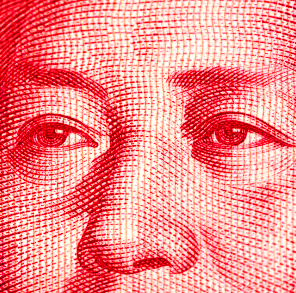China talks revived
 Australia and China have revived their high-level economic discussions after a seven-year pause.
Australia and China have revived their high-level economic discussions after a seven-year pause.
Australian Treasurer Jim Chalmers and China's National Development and Reform Commission Chairman Zheng Shanjie co-chaired the fourth Strategic Economic Dialogue (SED) in Beijing this week.
It is the first such meeting since 2017 and follows the signing of a Memorandum of Understanding (MoU) in June this year, recommitting the two nations to regular exchanges on economic policy.
The SED serves as a crucial platform for discussions aimed at fostering economic collaboration.
Both sides acknowledged the importance of the meeting as part of their ongoing efforts to navigate shared economic challenges and opportunities.
According to official media releases, Chalmers and Zheng agreed that the dialogue is core to bilateral economic engagement, building on agreements reached at the Annual Leaders’ Meeting between Australian Prime Minister Anthony Albanese and Chinese President Xi Jinping earlier in 2024.
While the tone of the government release highlighted the “successful” and “positive momentum” of the dialogue, they appear to brush over the complexity of the issues at hand.
One of the key points of discussion was the global macroeconomic environment.
The two countries face headwinds, with slowdowns in global trade and supply chain disruptions impacting their respective economies.
Both sides agreed to share information on macroeconomic policies to identify mutually beneficial opportunities, signalling a cautious optimism for future collaboration.
Clean energy emerged as a central topic, with both countries recognising their significant roles in addressing global climate challenges.
According to the official statement, “cooperation can be mutually beneficial and globally impactful”, with a potential for expanded partnerships in renewable energy and low-carbon technology.
However, the broader economic relationship between the two nations remains fraught with tension.
After a period of strained diplomatic ties, some experts have cautioned against overly optimistic projections.
While the SED represents a positive step, challenges such as ongoing trade disputes and concerns over foreign investment policies remain unresolved.
Still, both governments agreed on the need for transparent and efficient investment frameworks, recognising that investment is crucial to building resilient economies.
The two sides agreed to hold the SED annually, with Australia set to host the next round in 2025.
As trade remains a critical pillar of the bilateral relationship, the dialogue could signal a shift towards more stable and predictable economic ties between the two nations.
The MoU signed during the SED establishes a framework for regular engagement on a range of issues, including fiscal policies, trade, and macroeconomic challenges, indicating that both sides are seeking to insulate their economic ties from broader geopolitical uncertainties.
However, the MoU stops short of creating any legally binding commitments, leaving some ambiguity about the long-term durability of the agreements.








 Print
Print